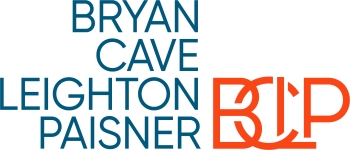On 1 April, the Court of Appeal handed down judgment on the appeal of Swift 1st Limited v The Chief Land Registrar.
Mrs Rani had owned a house since 1983. In April 2006 an unknown third party fraudulently executed and registered a charge over the property in favour of GE Money. In May 2006 a second fraudulent charge was executed and registered over the property in favour of Swift 1st Limited. Interest on the loan was not paid and Swift sued for possession. Mrs Rani said the charge was a forgery. Swift agreed and the charge was set aside. The registered title to the property was altered to delete Swift’s charge.
Swift sought an indemnity from the Land Registry for its losses from the cancellation of the charge, the cancellation have prejudicially affected Swift’s title. The Land Registry argued that it was simply an alteration to correct a mistake on the register; it was not prejudicial as Mrs Rani had an overriding interest due to her continuing occupation of the property.
The High Court and the Court of Appeal concluded that under the law as it is stands Swift was entitled to claim an indemnity. Even though there was an overriding interest, in the form of the occupation of Mrs Rani, Swift was still entitled to be indemnified as they were claiming in good faith under a forged disposition. Swift was deemed to have suffered loss by reason of the rectification of the register, as if the charge had not been forged.
This decision means that charge holders who are the innocent victims of fraud may be able to seek an indemnity from the Land Registry for any losses, regardless of any overriding interests at the property in question. The decision itself can seem unfair on the Land Registry ( and ultimately the taxpayer). It had not done anything wrong except, perhaps, fail to spot the fraud. But what evidence did it have ?
The Law Commission are consulting on amendments to the Land Registration Act 2002, with their findings due to be published in early 2016. The Court of Appeal strongly suggested that this issue needs to be considered in the Law Commission review. There is every chance that the law here will change again shortly. For now, it seems that the Land Registry must live with the risks to it of forgeries and fraud in transactions.
Source Swift 1st Limited v The Chief Land Registrar [2015] EWCA Civ 330



